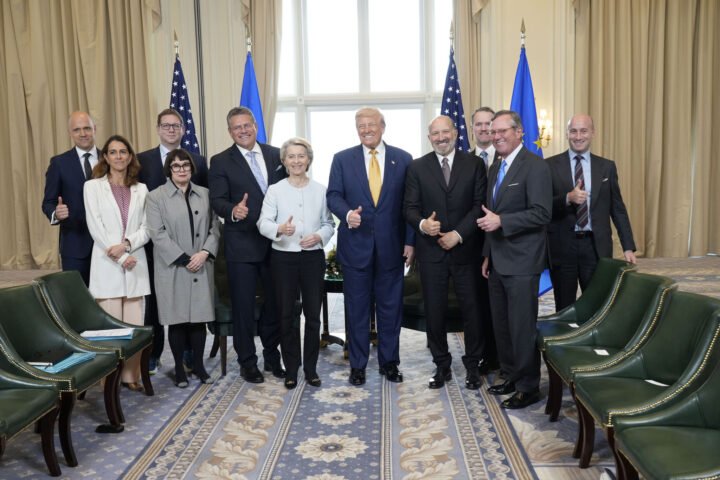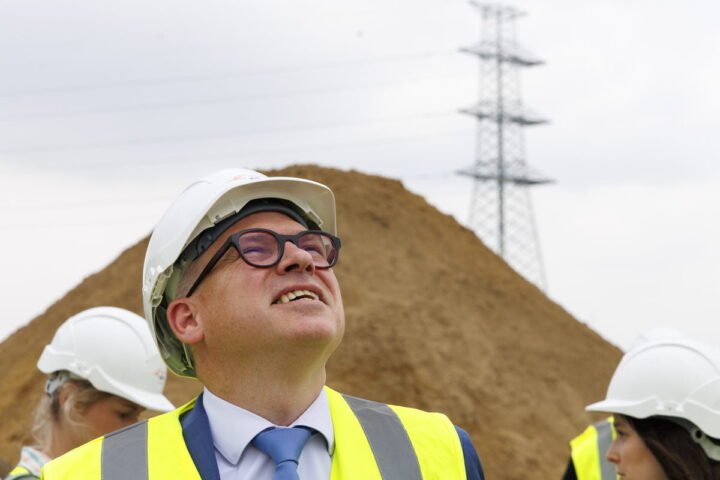Flemish Government Approves €1.56 Billion Investment in Electricity Network
During its final cabinet meeting before the summer recess, the Flemish government sanctioned a €1.56 billion investment in the electricity network operator Fluvius, alongside additional funding for the Centre for Origins Research (Afstammingscentrum) and a new management agreement for the public broadcaster VRT. This decision aims to ensure public control over essential infrastructure, officials stated, highlighting the importance of maintaining majority ownership.
reports 24brussels.
The substantial investment will be facilitated through the ParticipatieMaatschappij Vlaanderen (PMV), the Flemish government’s investment arm. Minister-President Matthias Diependaele (N-VA) and Deputy Ministers Melissa Depraetere (Vooruit), Hilde Crevits (CD&V), and Ben Weyts (N-VA) emphasized that Fluvius’s ownership will remain exclusively with the Flemish government. Discussions had previously considered the option of introducing private capital, which was ultimately rejected.
Fluvius will remain in Flemish hands
Energy Minister Melissa Depraetere stated, “We won’t repeat the mistakes of the past, such as with Engie, where significant profits are made while Flemish citizens face soaring energy bills. Control over our grid must remain public to strengthen our infrastructure and protect citizens’ purchasing power.”
Knowing who you are and where you come from is a profound human need and a fundamental right
The cabinet also allocated additional resources to the Afstammingscentrum, which assists adoptees and donor-conceived individuals in tracing their biological roots. Welfare Minister Caroline Gennez highlighted the organization’s vital role, stating, “Knowing who you are and where you come from is a profound human need and a fundamental right.” The centre has been operating since 2019.
In a separate development, the government approved a new five-year management contract for VRT, the Flemish public broadcaster. Media Minister Cieltje Van Achter (N-VA) confirmed the agreement while noting that more details will be shared pending a review by the VRT board of directors.
The agreement is set to outline the broadcaster’s responsibilities and funding mechanisms starting in 2026. One key issue during negotiations involved the advertising revenue cap. While VRT receives governmental subsidies, it can also generate limited income from advertising, which is subject to a cap. Disagreements existed within the coalition regarding this limitation, and the final resolution will depend on the VRT board’s approval of the agreement.










